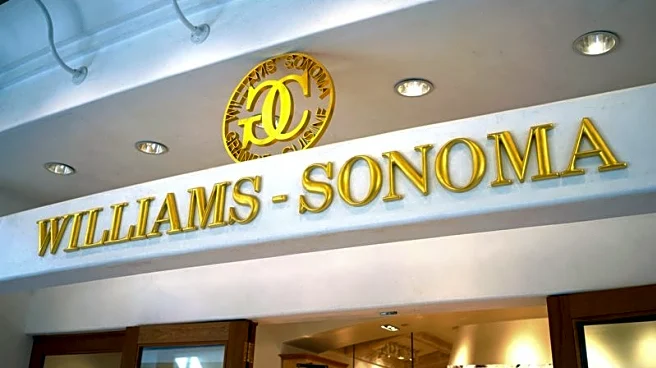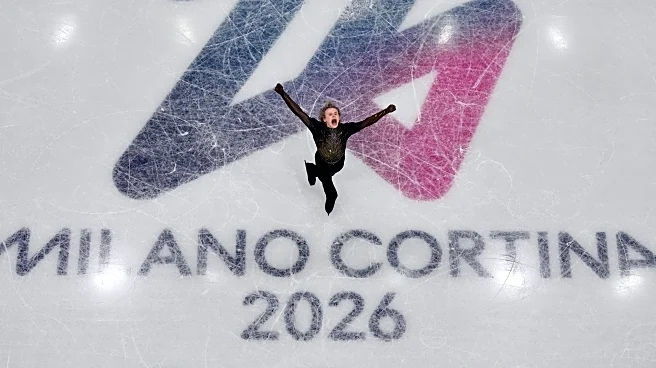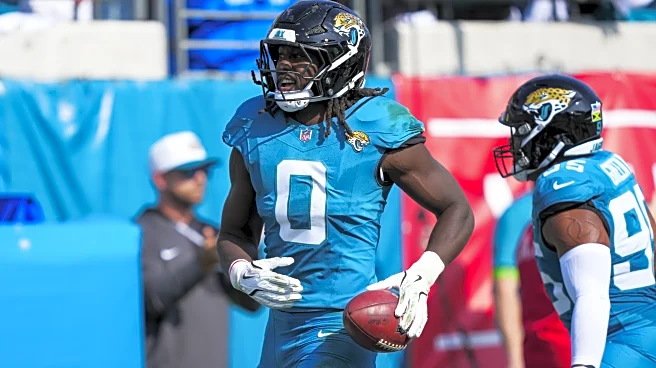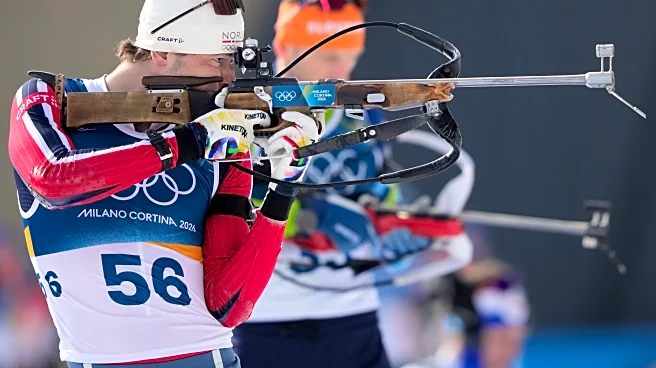By Jonathan Stempel
(Reuters) -Williams-Sonoma sued Quince , a retailer sometimes known as a "dupe" company, accusing it of misleading consumers by selling similar-looking but inferior products and selling them
for less.
According to a complaint filed on Friday night, Quince engages in false advertising by depicting specific beds, cookware, duvet covers, rugs and other products that Williams-Sonoma never sold, while assuring customers that its products are "Like Williams-Sonoma, but half the price" or "Pottery Barn quality for half the price."
Williams-Sonoma also objected to "Beyond Compare" charts that show how much a customer "saves" by purchasing Quince products.
It said Quince responded to a request to change its ads by calling Williams-Sonoma's claims frivolous and saying "Quince would welcome a public skirmish."
"By brand-washing its ads, Quince creates the false impression that consumers will receive comparable quality and design, when in reality they may be purchasing unrelated items of often inferior quality," Williams-Sonoma said. "[Williams-Sonoma] will not permit Quince to mislead consumers and disparage its brands with false advertising."
Quince and its lawyers did not immediately respond on Monday to requests for comment. Lawyers for Williams-Sonoma did not immediately respond to similar requests.
The complaint was filed in the federal court in San Francisco, where both companies are based.
Williams-Sonoma is seeking triple damages and other remedies for false advertising and unfair competition. It normally generates its highest revenue during its fiscal fourth quarter, which includes the holiday sales season.
Intellectual property law protects design elements, such as patterns, but not functional elements.
Founded in 2018, Quince says its mission is to "create products of equal or greater quality than the leading luxury brands at a much lower price."
It is defending against an April lawsuit by Coach parent Tapestry for selling similar-looking handbags. That lawsuit alleged trademark and trade dress infringement, while Williams-Sonoma's lawsuit does not.
(Reporting by Jonathan Stempel in New York; Editing by Matthew Lewis)











